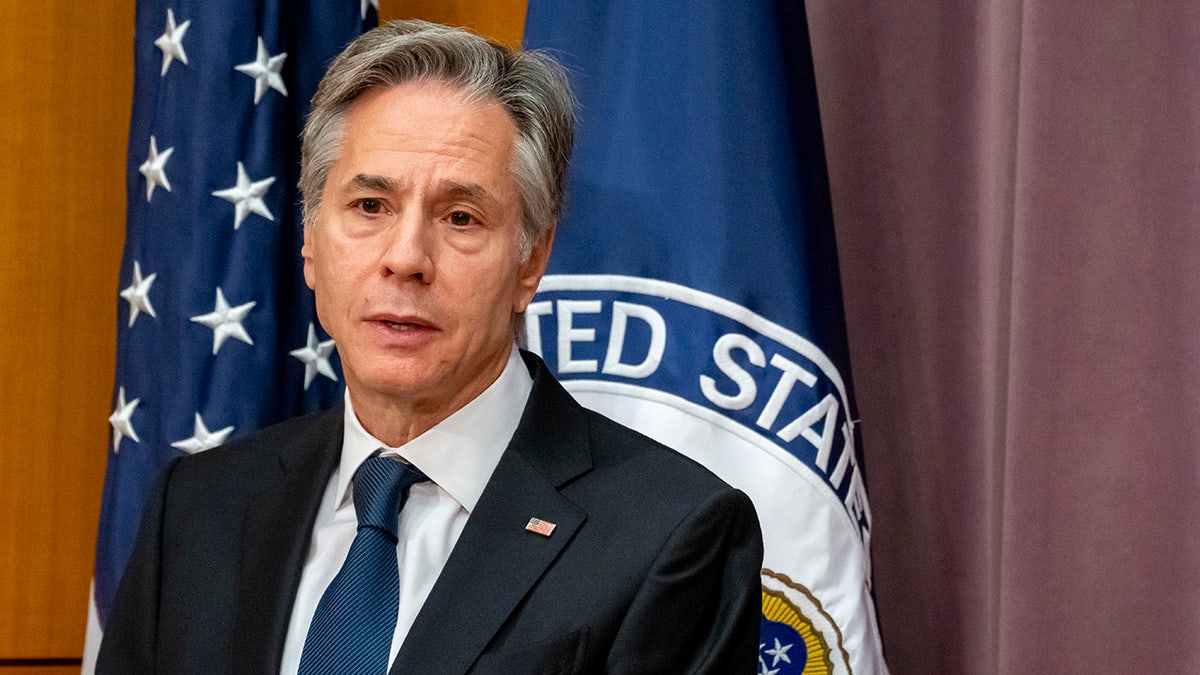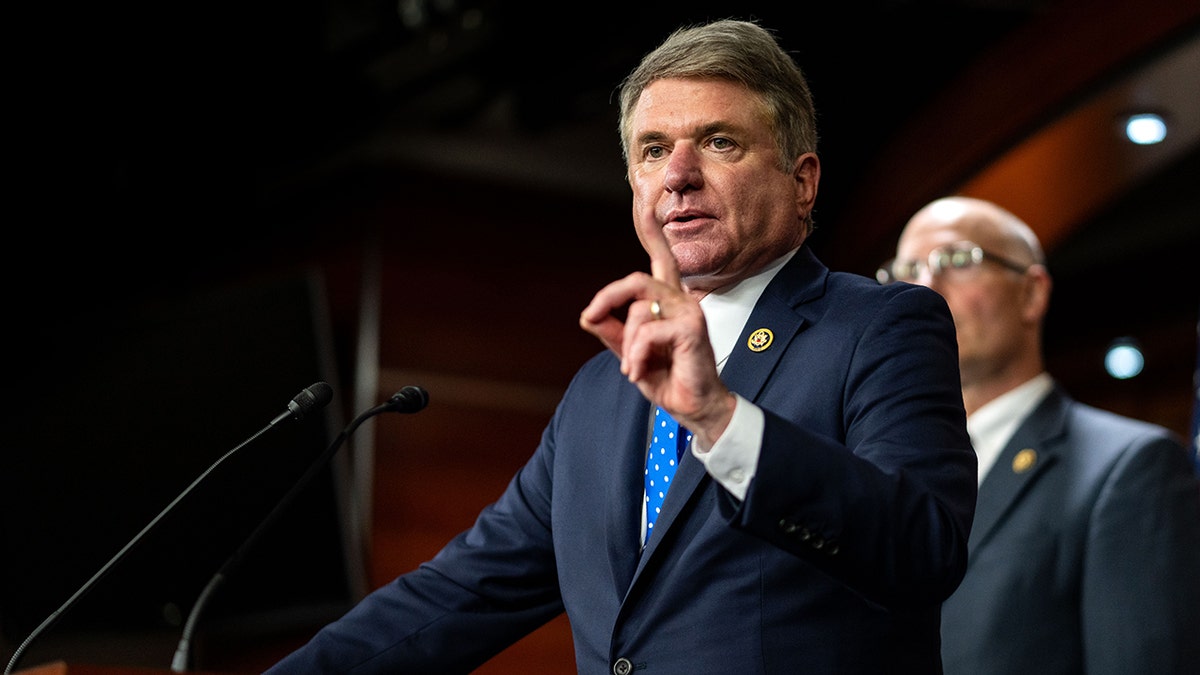Just two days after Donald Trump's presidential victory, the Biden administration renewed a controversial sanctions waiver, granting Iran access to approximately $10 billion in Iraqi payments. This decision has sparked debate, with Republican critics raising concerns about its implications for regional stability and Iran's nuclear ambitions.
Secretary of State Antony Blinken extended the waiver, which facilitates humanitarian trade by allowing Iran to access funds in Iraqi and Omani accounts. However, Republicans argue that this move effectively provides Iran with resources that could be diverted to support terrorism or further its nuclear program.
State Department spokesman Vedant Patel confirmed the 120-day extension of the Iraqi electricity waiver, marking the 23rd such renewal since 2018. While Patel emphasized the U.S. commitment to reducing Iran's negative influence in the region and promoting a stable and secure Iraq, the decision's timing and potential consequences have drawn criticism.

The sanctions waivers, authorized under existing legislation, grant the president the authority to temporarily suspend sanctions if deemed in the interest of U.S. national security. However, the impending change in administration raises questions about the future of this policy. With the waiver set to expire after Trump takes office in January, it remains uncertain whether his administration will continue the sanctions relief. The Trump transition team has not yet commented on the matter.

House Foreign Affairs Committee Chairman Michael McCaul (R-Texas) has been a vocal opponent of the waivers, arguing that they empower Iran to finance terrorist proxies and advance its nuclear weapons program. McCaul has publicly criticized the Biden administration for continuing this policy despite congressional efforts to eliminate these waiver authorities.

The debate surrounding the Iran sanctions waiver highlights the complex and often contentious nature of U.S. foreign policy in the Middle East. The incoming Trump administration will face a crucial decision regarding the future of this policy, balancing national security interests with concerns about Iran's regional activities.
Comments(0)
Top Comments